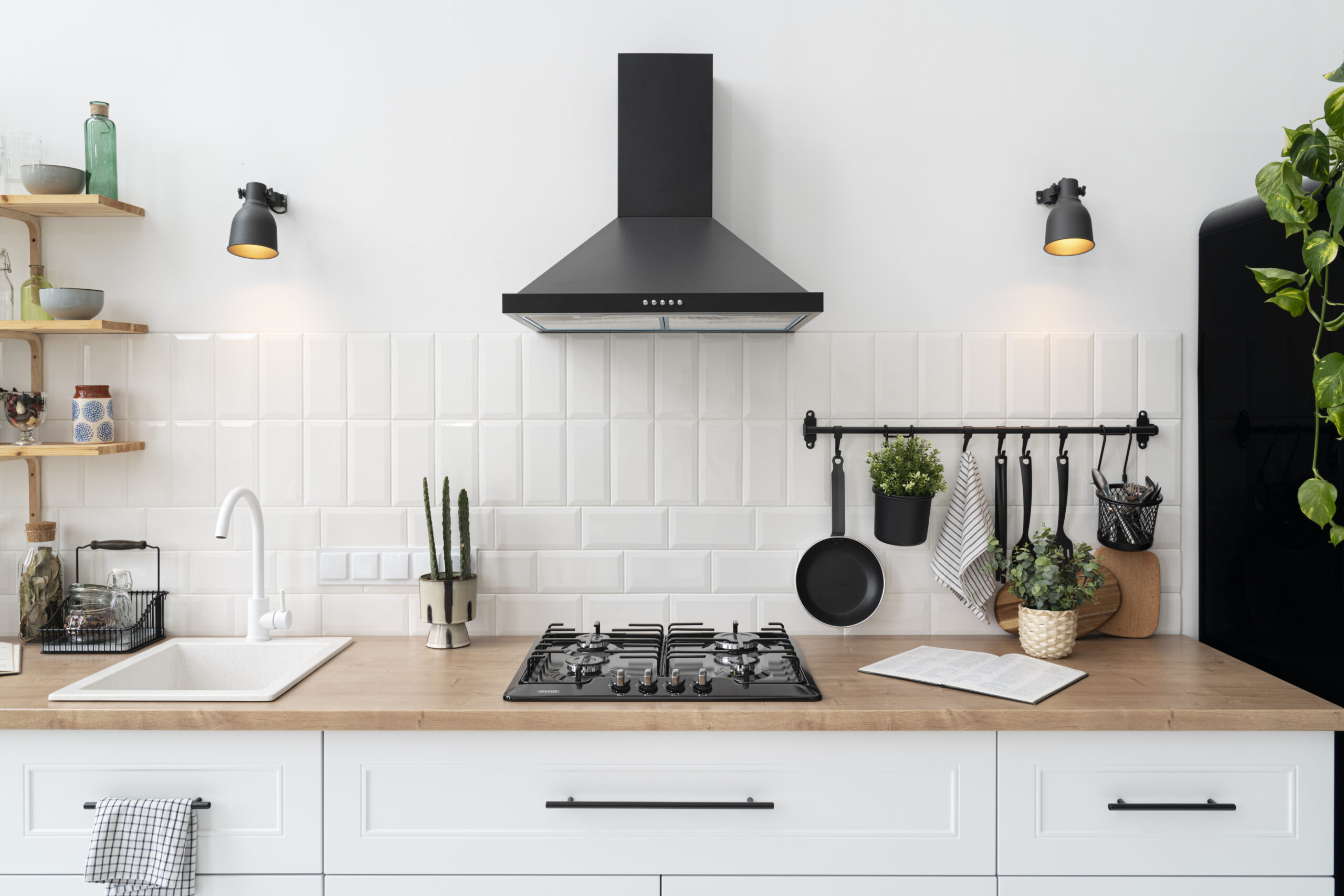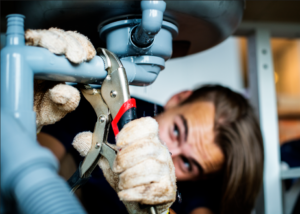
Chimney repairs are vital for diverse reasons, primarily centered around safety, functionality, and the longevity of the chimney structure. A well-maintained chimney ensures proper ventilation, stems the risk of fires, protects against structural damage, and enhances the overall efficiency of your heating system. We will explore the significance of chimney repairs, emphasizing why they should be considered.
Benefits of chimney repair
1. Safety:
One of the primary reasons chimney repairs are important is for the safety of your home and its occupants. Over time, chimney structures can deteriorate due to exposure to weather elements, constant heating and cooling, creosote buildup, and other residues. Cracks, gaps, or leaks in the chimney can lead to the escape of toxic gases, such as carbon monoxide, into your living space. Regular chimney repairs ensure that any issues compromising the safety of your chimney are promptly addressed, reducing the risk of chimney fires, gas leaks, and potential harm to your household.
2. Proper Ventilation:
A well-functioning chimney plays a critical role in providing proper ventilation for your heating system. The chimney creates a draft that helps draw smoke, combustion gases, and other byproducts out of your home. If the chimney is obstructed or damaged, it can hinder the smooth flow of air, leading to poor ventilation and a buildup of harmful gases. Chimney repairs, including cleaning, clearing blockages, and fixing structural issues, ensure that your chimney functions optimally, enabling for efficient and safe ventilation of your heating appliances.
3. Structural Integrity:
Chimney structures are exposed to harsh weather conditions, including rain, snow, wind, and freeze-thaw cycles. Over time, this exposure can cause cracks, gaps, or deterioration in the chimney’s masonry or other components. If left unaddressed, these structural issues can worsen, leading to further damage and potentially compromising the stability of the chimney. Regular chimney inspections and repairs help identify and rectify structural issues promptly, ensuring the longevity and stability of the chimney.
4. Preventing Water Damage:
Water is a major enemy of chimneys. It can penetrate through cracks and gaps in the chimney’s masonry, leading to water damage, rusting of metal components, and deterioration of the chimney liner. Water damage can weaken the chimney structure, induce leaks, and lead to costly repairs. Regular chimney maintenance, including waterproofing, chimney cap installation, and addressing any indications of water intrusion, helps protect against water damage and preserves the integrity of the chimney.
5. Efficiency and Energy Savings:
A properly functioning chimney contributes to the overall efficiency of your heating system. When the chimney is in good condition, it facilitates the smooth flow of combustion gases, allowing your heating appliances to operate efficiently. On the other hand, a damaged or obstructed chimney can hinder proper airflow, leading to decreased efficiency and increased energy consumption. By getting efficient chimney repair services in Portland, you can ensure optimal efficiency, resulting in energy savings and reduced heating costs.
What can cause the chimneys to get damaged?
Chimneys can get damaged due to diverse factors, including natural wear and tear, environmental conditions, improper maintenance, and external forces. Here are some common reasons of chimney damage:
- Moisture and Water Damage: Water is one of the leading causes of chimney damage. Over time, moisture can penetrate the chimney structure through cracks, gaps, or deteriorated masonry. Freeze-thaw cycles can further worsen the damage, as water expands when it freezes, leading to the formation of cracks and spalling. Water damage can weaken the chimney’s structure, cause rusting of metal components, and deteriorate the chimney liner.
- Age and General Deterioration: Chimneys, like any other structure, can encounter natural wear and tear over time. Constant exposure to weather elements, temperature fluctuations, and the effects of combustion gases and creosote can lead to the degradation of the chimney’s masonry, mortar joints, and other components. As chimneys age, they become more susceptible to cracks, gaps, and general deterioration.
- Improper Construction or Design: Poor construction practices or design flaws can result in chimney damage. If the chimney is not built or installed correctly, it may lack proper support, have inadequate insulation, or suffer from structural weaknesses. Improperly sized flues, inadequate clearance from combustible materials, or incorrect placement of chimney caps or dampers can also lead to problems and potential damage.
- Creosote Buildup: Creosote, a byproduct of burning wood, can accumulate inside the chimney over time. If not regularly cleaned, creosote can create a sticky and highly flammable residue that poses a significant fire hazard. When creosote ignites, it can render chimney fires that can impair the chimney’s interior and compromise its structural integrity.
- Lack of Maintenance: Neglecting regular chimney maintenance, including inspections, cleanings, and necessary repairs, can contribute to chimney damage. Without proper care, issues such as cracks, gaps, or deteriorated components can go unnoticed and worsen over time. Failure to address these problems promptly can lead to more extensive and costly damage.







